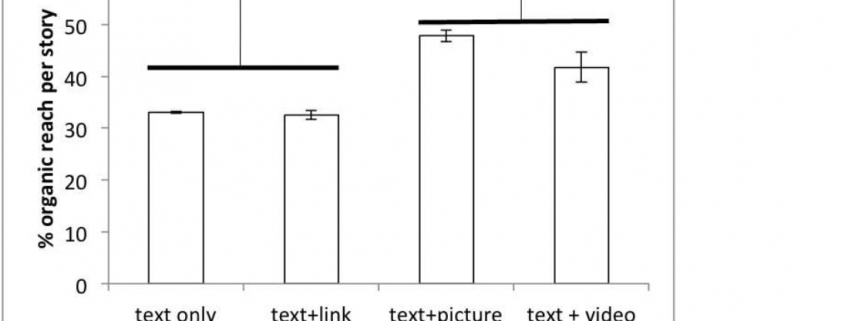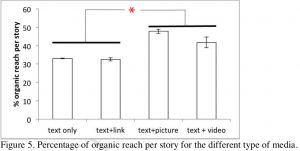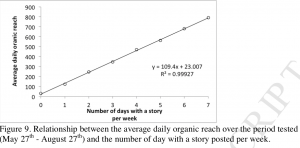Can Facebook be used to increase scientific literacy?
By Sarah Hirth, RJD Intern
With the rising popularity in social media, more and more scientists are using social media platforms for education and outreach. The case study “Can Facebook be used to increase scientific literacy?” aims to investigate how effective Facebook is when it comes to educating people about the oceans.
Facebook is an excellent platform for fostering communication between scientists and citizens, thus also making it easier for experts to inform the general public about current issues. It has been observed that users find learning through Facebook fun, but how effective is this method as a platform for learning?
“Can Facebook be used to increase scientific literacy?” focuses on the Monterey Bay Aquarium Research Institute (MBARI). MBARI, is a private marine research institute that specializes in the innovation of technology for the purpose of studying the ocean.
Aiming to increase the number of people reached per post, MBARI decided to change their posting strategy. This included posting at different times, and changing the type of media posted along with a few other factors. The results and conclusions discussed in this case study, compare their new finding to their previous numbers. All data used in this case study came directly from MBARI’s Facebook page.
Although the change in posting strategy did not yield in an increased number of fans, MBARI was able to make some observations. One of the main observations was that stories posted with a photo or video reach 35.3% of the fans, whereas stories posted with only text, or a link will only reach 28.55%. Another factor in increasing the reach depended on the frequency of posts, where “the higher the number of days with a story in a week, the higher the average organic reach will be.” Although frequency was one of the observed factors, “if stories are posted five days a week, the days of posting only have a minor impact on the average daily organic reach.”
MBARI also found a correlation between the amount of words used and the number of people reached. However, most of their long texts were associated with photos, whereas short text was associated with links, thus making it difficult to argue that this had a direct impact on the reach. Apart from this, the data also showed that the organic reach on a given day increases by 18.26% if a story is posted the day before.
The final results showed that although Facebook can be a useful platform for raising user’s interest and giving them the opportunity to learn more, there is little opportunity for fans to develop their ocean literacy through social participation. This is due to the fact, that most Facebook users don’t follow the pages to engage in social practices. During this case study it was also observed that some people feel too uncomfortable or too insecure to comment on posts made by MBARI. However, once a user shares the story; their friends will be more comfortable and therefore more inclined to comment on posts. “The shared stories seem to be one of the main keys to increase participation and support the development of domain specific learning on Facebook.”






Leave a Reply
Want to join the discussion?Feel free to contribute!